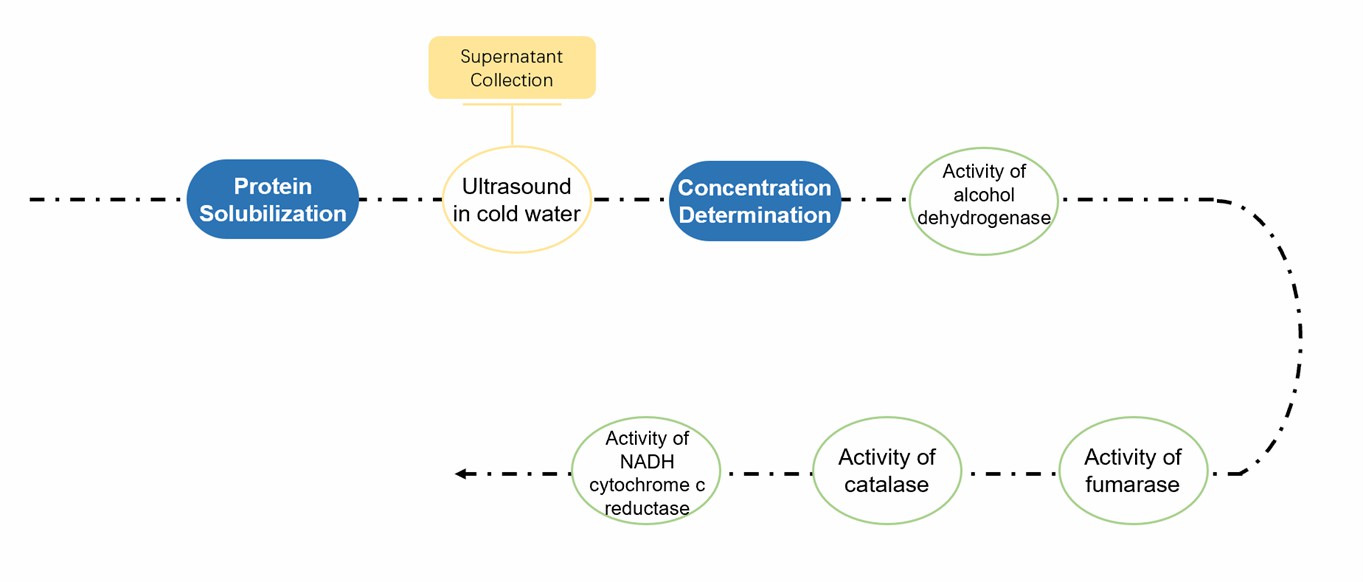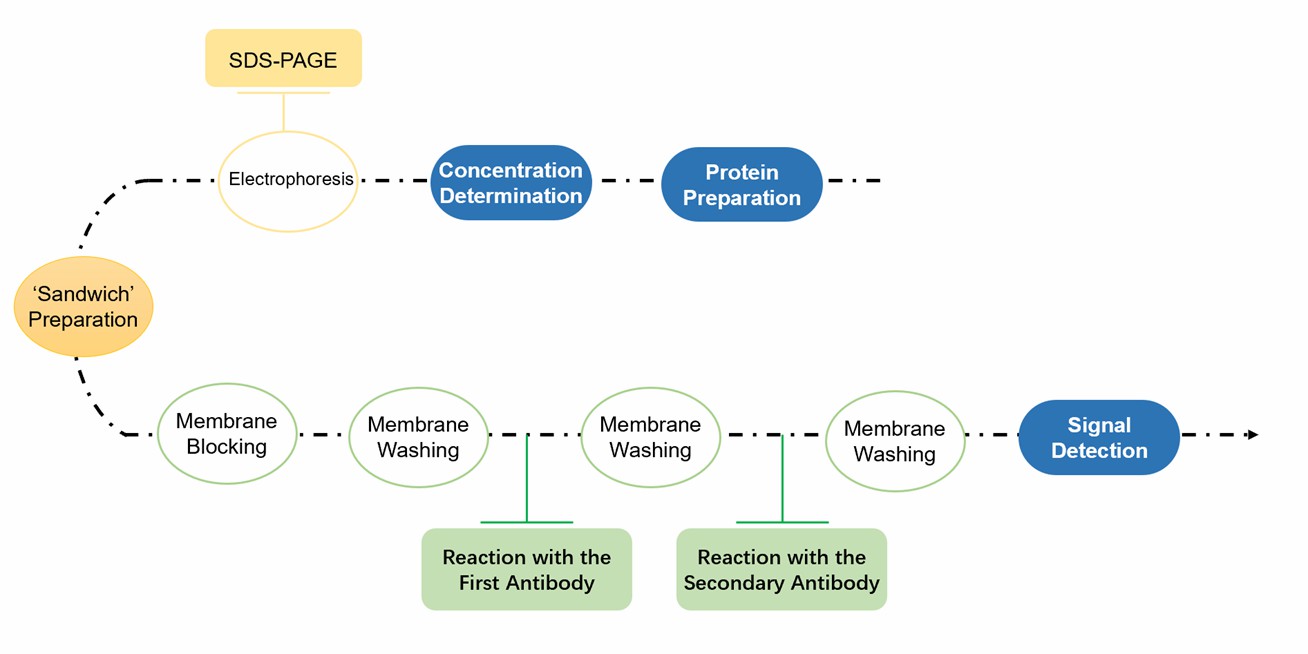The isolation and purification of cellular organelles enabled the identification of compartment specific proteins. However, the accuracy of this identification depends on the purity of the target organelle and is also affected by the degree of protein enrichment and contamination. Various methods have been developed and widely used for purity assessment, including microscopic and biochemical methods. To perform these methods, a sufficient level of expertise is required, and only a few dyes specifically for subcellular organelles are commercially available. As an alternative to purity assessment, enzymatic and immunoblot assays have been developed.
Lifeasible provides enzymatic and immune-blot assays for purity assessment with decades of experience. Our experts will answer your questions comprehensively and carefully and help you solve the problems in your studies. We guarantee satisfied and reliable results for our customers all over the world.
 Fig.1 Enzymatic analysis for ER purity assessment.
Fig.1 Enzymatic analysis for ER purity assessment.
 Fig.2 Immunoblot analysis for ER purity assessment.
Fig.2 Immunoblot analysis for ER purity assessment.
Lifeasible offers purity assessment with customized delivery strategies and precise design. Our advanced technical platforms help our clients solve the problems they may encounter in research based on decades of experience. If you are interested in our services or have any questions, please feel free to contact us or make an online inquiry.
Lifeasible has established a one-stop service platform for plants. In addition to obtaining customized solutions for plant genetic engineering, customers can also conduct follow-up analysis and research on plants through our analysis platform. The analytical services we provide include but are not limited to the following:
July 13, 2024